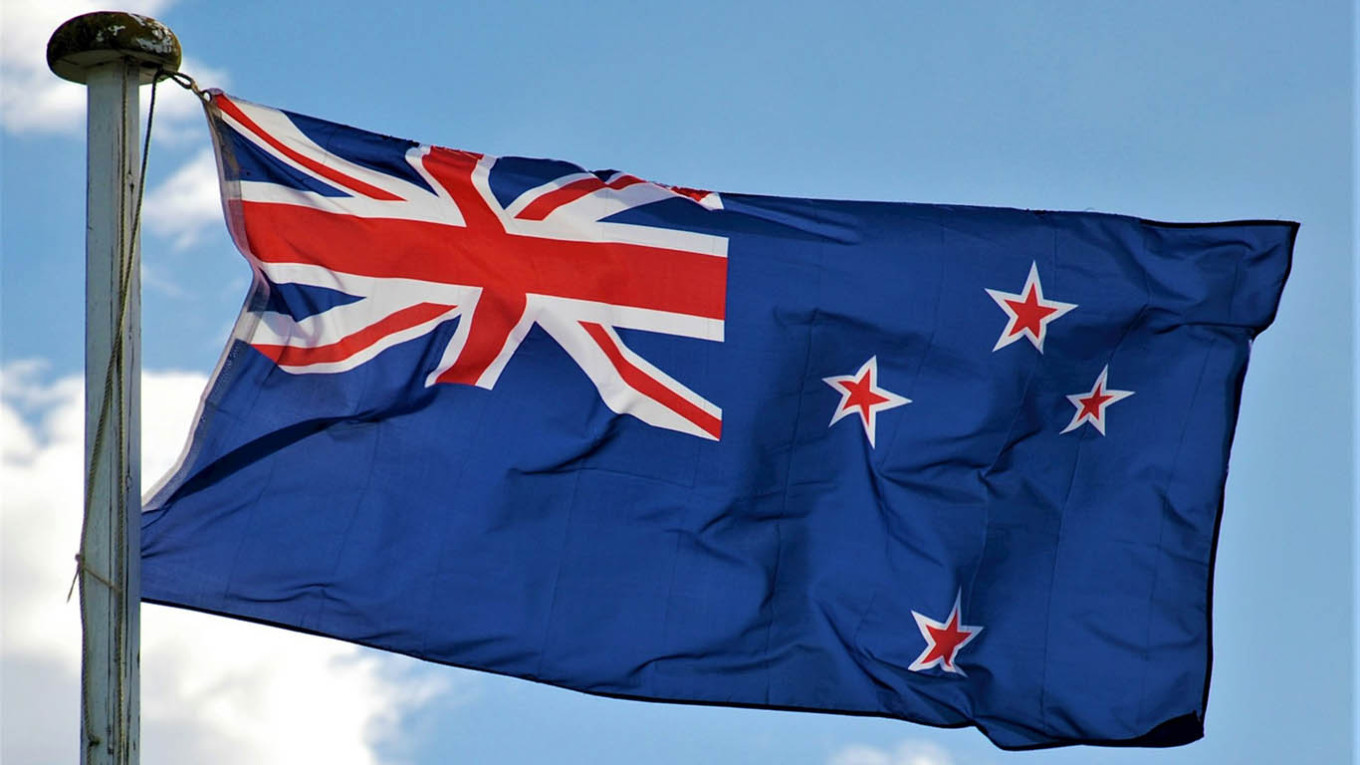On Friday, Britain, New Zealand, and Japan revealed new sanctions against Russia, with the latter two nations reducing the price limit on Russian crude oil to below $50, a decision that is in line with the latest measures taken by the European Union.
The British Foreign Office reported that it has imposed sanctions on 70 vessels believed to be part of Russia’s so-called “shadow fleet” of oil tankers, asserting that it has now sanctioned a greater number of oil tankers than any other nation.
Additionally, 30 companies and individuals were sanctioned, alleged to be “supporting Russia’s war efforts by providing essential supplies such as electronics, chemicals, and explosives used in the production of missiles and various weapon systems.”
New Zealand and Japan have declared that they will establish a cap on the purchase price of Russian crude oil at $47.60, a decrease from the previous $60 limit. Japan plans to gradually implement this measure by mid-October, while New Zealand announced that its price cap will take effect immediately.
An official from Japan’s industry ministry stressed that this price cap would not negatively impact the nation’s energy supplies, highlighting that transactions associated with the Sakhalin-2 liquefied natural gas project would still be exempt.
In addition to the price cap, New Zealand enacted sanctions on 19 vessels associated with Russia’s “shadow fleet,” which, according to Western officials, is utilized to circumvent restrictions on oil exports. The New Zealand government also added nearly 20 individuals and entities linked to Russia, North Korea, and Iran to its sanctions list.
Meanwhile, Japan announced asset freezes and restrictions on payments and capital transactions affecting 47 entities and nine individuals connected to Russia. It also implemented export bans on 11 Russian and non-Russian entities.

